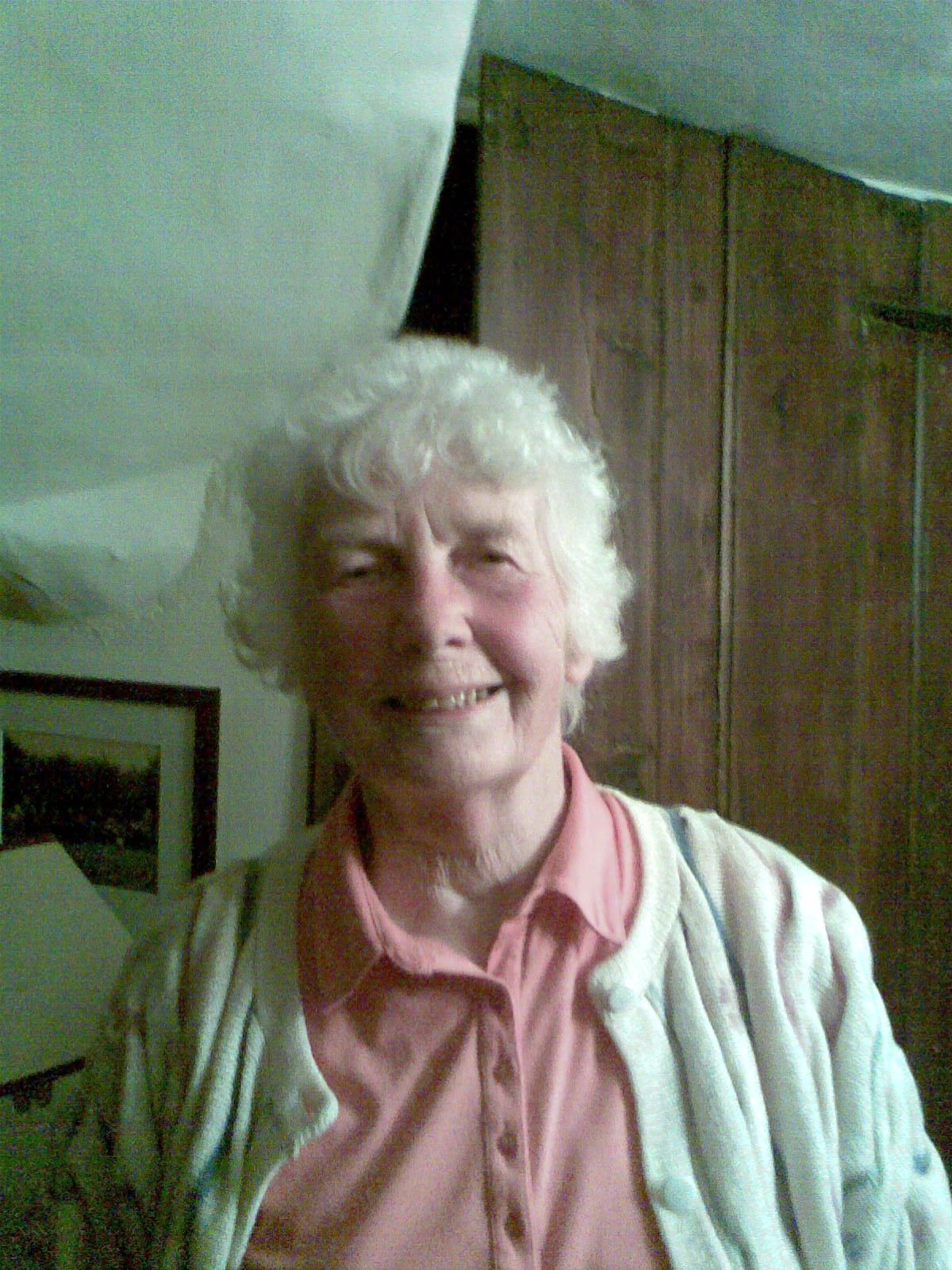I listened to a lecture at the Quakers on Sunday. It was given by one of the Meeting who had been a theologian at Oxford university. She took the idea of the Jesus of history and the Christ of Faith .She asked how much we actually, factually, know about Jesus. She pointed out that the gospels were written around A.D.60 at the earliest and were probably based on the early church’s preaching. She added that St.Paul who was writing much earlier mentions very little in the way of facts about Jesus. Her conclusion was that there probably was someone like Jesus living at about the right time to be the man described in the gospels .She saw him as a particularly radical Rabbi.
The arguments supporting or challenging this view have filled the shelves of libraries since Jesus’ day. I have neither the skill or the time to expound them here. Nor, in truth, am I too much interested in them these days.(I have family members who will rehearse the arguments eloquently and passionately.) What surprised me was my reaction to this lecture. I was left feeling that the baby had been thrown out with the bathwater. The arguments were not new to me. I no longer hold myself an Evangelical let alone a fundamentalist. I see myself as a counsellor and therapist who is interested in his patient’s inner world-however they choose to express their understanding of that world. (I am of the opinion that theology and psychotherapy share a good number of ideas-albeit expressed in different language. I spent much of my first therapy wrestling with this material.)
Psychotherapy talks of internal objects and object relations.Charles Rycroft in his Critical dictionary of psychoanalysis describes an object thus:
“That towards which action or desire is directed; that which the subject requires in order to achieve instinctual satisfaction… in psychoanalytical writings, objects are nearly always persons, parts of persons or symbols of one or the other” An object is an intellectual / emotional representation of something or someone important to the patent.” In clinical work one never challenges the existence of an object. There is no point. We try to understand how a person’s objects shape – or have shaped- their life. Put simplistically, a parent who is always critical will be internalised as a crippling voice that tells its “owner” that they are useless. A parent who is always angry will, in all likelihood, produce an angry child who finds intimacy and vulnerability difficult. In the religious sphere one meets people who have internalised a helpful Jesus. One to whom they can turn when in need. Others have internalised a Jesus who resembles a slave driver. (In each case the Jesus who has been internalised is an extension of the original relationship with the parent.)
I suggested that one never challenges the existence of an internal object. We explore the role the object serves. Here, I think,is my discomfort about Sunday’s talk. Its purpose seemed to be to destroy an object by presenting the “facts”. Better, I think, to have explored people’s relationship with the object we call God 
Don't give up







